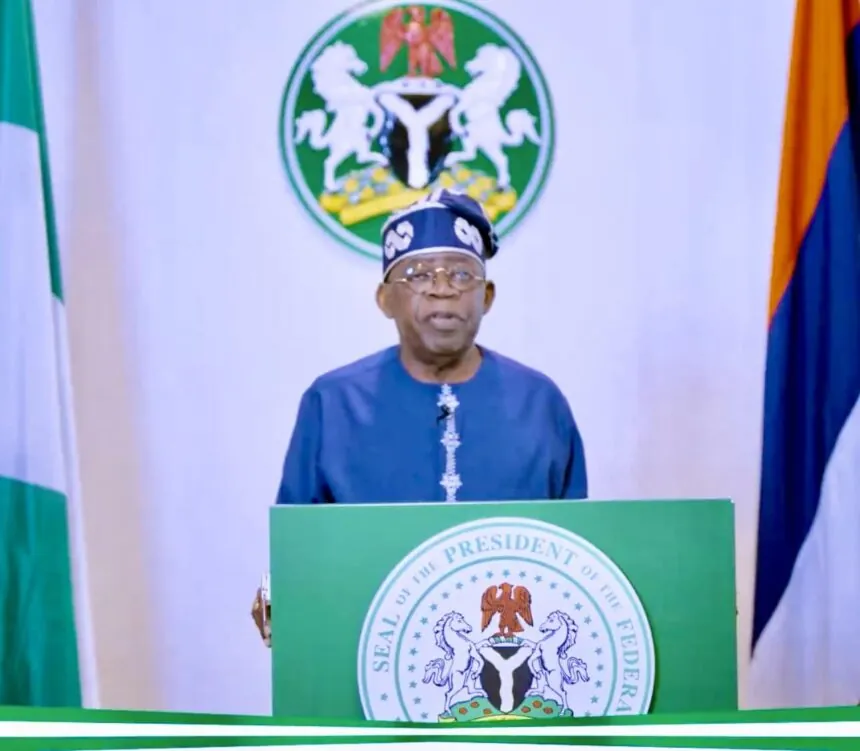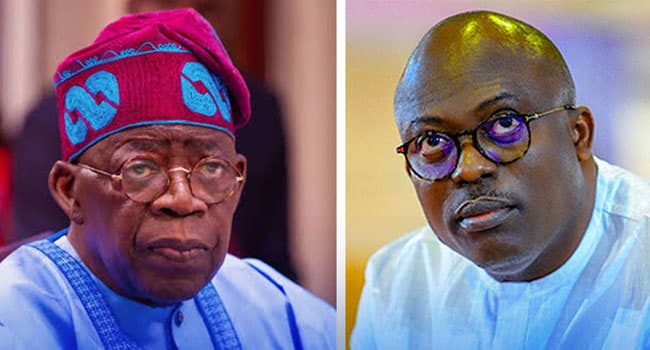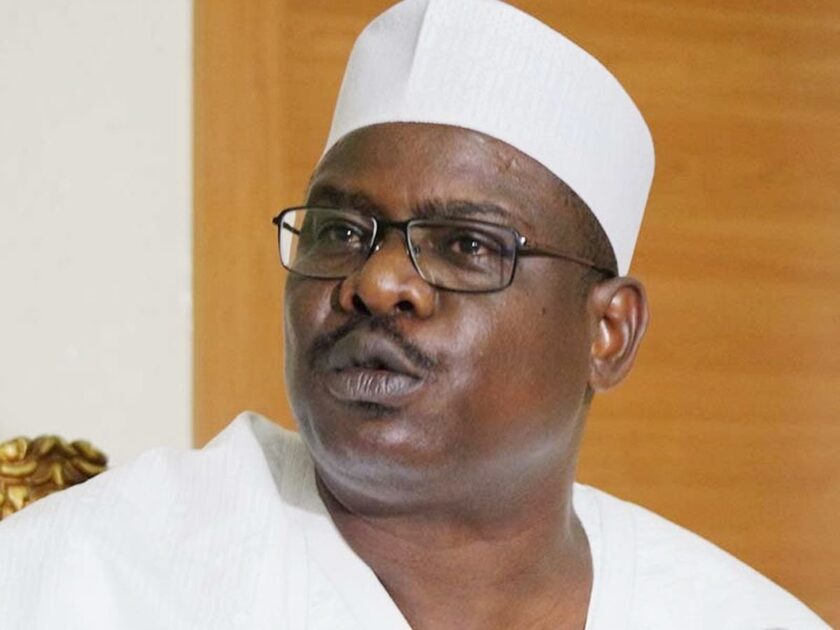Nigeria’s Elites Who Offered Tinubu Cheap Endorsement Are Gambling With Their Social Score
As the 2027 general elections inch closer, concerns are mounting over what many observers are calling “cheap endorsements” being offered to President Bola Ahmed Tinubu by segments of Nigeria’s political elite. Critics argue that such premature support reflects political self-interest rather than genuine public conviction — and could carry long-term social and reputational risks.
Political analysts and civic voices warn that Nigerians are watching closely, and elites who appear to ignore the country’s deepening hardship for political access or favour may find themselves on the wrong side of history and public sentiment.
“These endorsements are not acts of courage or leadership. They’re gambles — and the elites are wagering their social capital, credibility, and even legacy,” said political analyst Dr. Fola Olorunsola, in an interview with a national daily.
President Tinubu, who has faced increasing criticism over economic hardship, insecurity, and the controversial removal of fuel subsidies, was recently endorsed for re-election by 22 APC governors. But not all party stalwarts are aligned.
Senator Ali Ndume, a senior APC legislator, publicly distanced himself from the endorsement, citing worsening conditions in the country and invoking the 2015 defeat of Goodluck Jonathan, who had also enjoyed broad support from governors before losing.
“Endorsements do not translate to public approval. In 2015, Jonathan had 22 governors backing him — he still lost. History has a way of humbling politicians,” Ndume stated.
Civil society leaders are now urging Nigeria’s elites to place national interest above political survival.
“There’s a disconnect between elite posturing and what ordinary Nigerians are going through,” said activist Aisha Yusuf. “Aligning too closely with a government that is yet to prove itself might damage more than political prospects — it could alienate you from the people.”
In an era of high political awareness, thanks to social media and growing youth engagement, public perception has become a key currency. Critics believe that Nigerian elites who hastily back unpopular policies or leaders may soon find themselves isolated from the very society they hope to influence.
With 2027 still over two years away, the political landscape remains fluid. However, analysts agree on one thing: Nigerians are watching, and the decisions being made today — especially by the elites — may define their public image for years to come.




